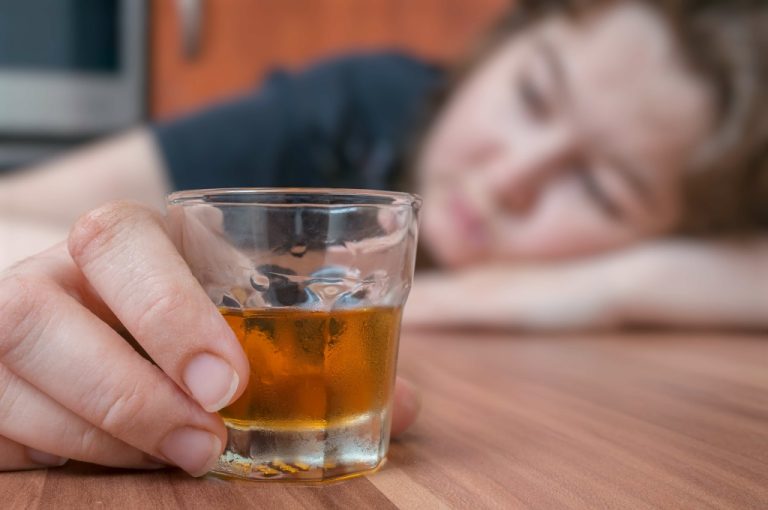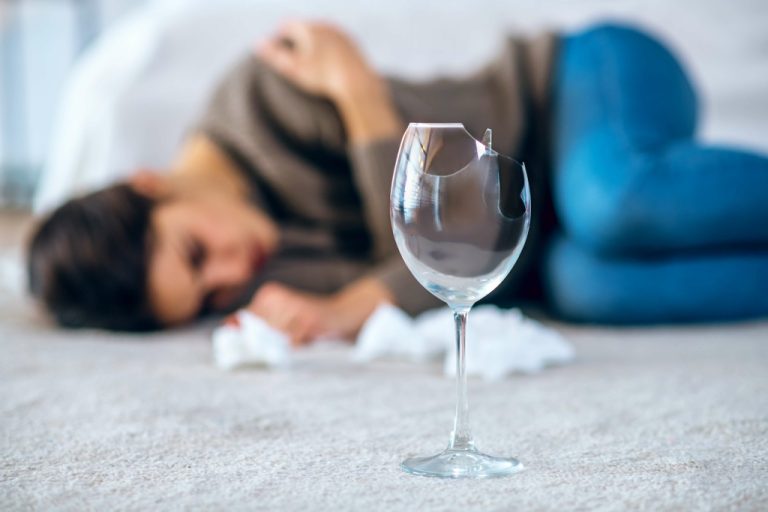We publish material that is researched, cited, edited and reviewed by licensed medical professionals. The information we provide is not intended to be a substitute for professional medical advice, diagnosis or treatment. It should not be used in place of the advice of your physician or other qualified healthcare providers.
What to Do After a Relapse
If your living arrangements are neither safe nor conducive to recovery, please consider alternative arrangements. The authors declared that this study has received no financial support. Include the names of everyone on your medical and support teams and how to contact them.
Establish an Action Plan
Alcohol relapse doesn’t start with picking up a drink – it starts when something triggers an old memory or instinct which changes the person’s mindset. During a mental relapse, Alcohol Relapse you can become confident in your ability to drink in moderation. You might start telling yourself things like, “Just one or two drinks won’t hurt. I can handle it.” This is where it’s important to remember that addiction is a disease. There’s no such thing as just a little alcohol or drugs when you’ve had a substance use disorder. Relapse can be triggered by various factors, including unresolved emotions, stress, exposure to past drinking environments, and inadequate social support.
This can help in identifying triggers and making necessary adjustments to the prevention plan. Regular check-ins with a therapist or counselor can provide ongoing support and guidance. They can help adjust treatment plans as needed and offer strategies for managing challenges. The important thing is to have your support system in place and to recognize the warning signs that you may be headed for a huge mistake.
Online Therapy
When one has been in emotional relapse for a period of time, they begin to feel uncomfortable or not at ease in their own skin. Unfortunately, due to fear of judgement or failure, many do not share how they are feeling when this occurs. If you don’t begin practicing self-care, you will become exhausted.
Let us help you stay sober and build a fulfilling, alcohol-free life. Feelings of shame, guilt, or sadness can lead to self-medicating behaviors that increase relapse risk. Find out how many people have alcohol use disorder in the United States across age groups and demographics. Find up-to-date statistics on lifetime drinking, past-year drinking, past-month drinking, binge drinking, heavy alcohol use, and high-intensity drinking. A relapse vs. slip is a gradual process rather than a single event. The process of relapse could start weeks or months before you take the first drink.
- Verify your insurance today – treatment could be more affordable than you think.
- I can’t imagine any circumstance that would compel me to drink, and YET, I continue to work to keep my sobriety every day.
- If a person has been dependent on drugs or alcohol for some time, an alcoholic relapse is likely to occur.

CBT helps identify triggers and develop coping strategies to avoid relapse. Techniques such as contingency management (which uses rewards to incentivize sobriety) are often integrated into CBT frameworks, enhancing effectiveness for stimulant and opioid use disorders. Therapy sessions emphasize skill-building, including stress management and refusal techniques. CBT also addresses negative thought patterns linked to addiction, reducing the risk of future relapse. Detoxification is often the first step in treating alcoholism, but you may have to repeat it several times before you can stop drinking.

Alcohol Relapse: Why Does It Happen and What Are the Signs?
We often start fantasizing about our drinking days when our current life is lacking the satisfaction we want out of it. Rely on your support systems, and don’t try to white-knuckle your way through it. If you are experiencing extreme overwhelm and hopelessness right now, you are at risk of relapse. Even though it runs contrary to EVERYTHING you’re feeling right now, reach out to your support systems, even if you hate all of them. If you’re trying to finagle your way back into your old drinking world, chances are you WILL join in and end up right back where you started.
No, a slip and a relapse are not exactly the same, though they are closely related. A slip typically refers to a single, accidental instance of substance use during recovery, such as an alcoholic having one drink at a social event. In contrast, a relapse generally indicates a more significant return to substance use patterns where the person has abandoned their recovery plan altogether. If you can’t address the problems of emotional and mental relapse, it doesn’t take long to progress to physical relapse.
Other medications, such as disulfiram, create unpleasant reactions when alcohol is consumed, acting as a deterrent. Medication can be even more effective when combined with counseling. Chronic diseases like hypertension and diabetes also have relapse rates, yet no one considers a flare-up of those conditions as a failure; rather, it’s a sign that adjustments are needed. Recovering from alcohol addiction is a journey filled with challenges, triumphs, and setbacks. Joining a support group can Alcoholics Anonymous provide a sense of belonging and shared understanding. It also offers opportunities to learn from others’ experiences and strategies.
